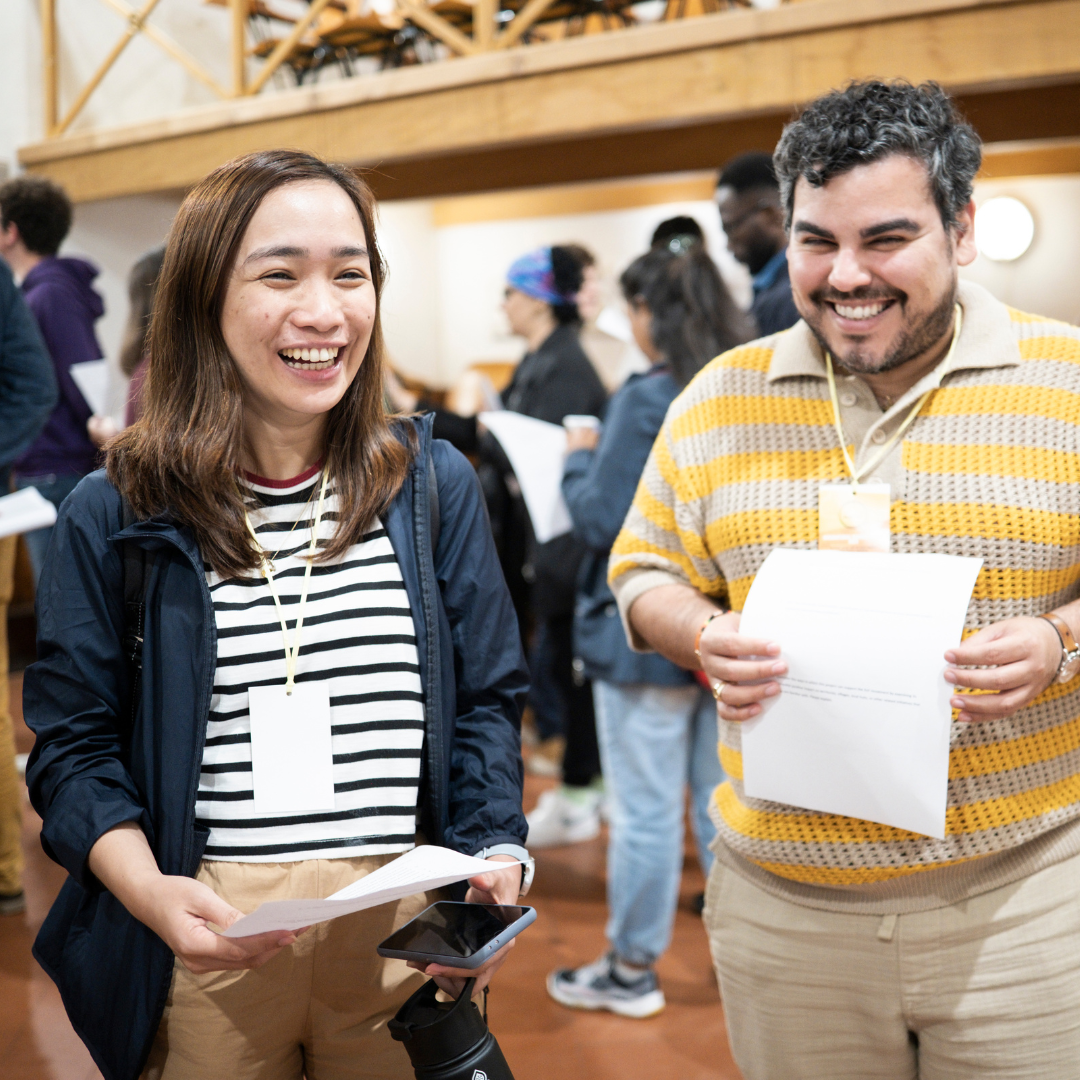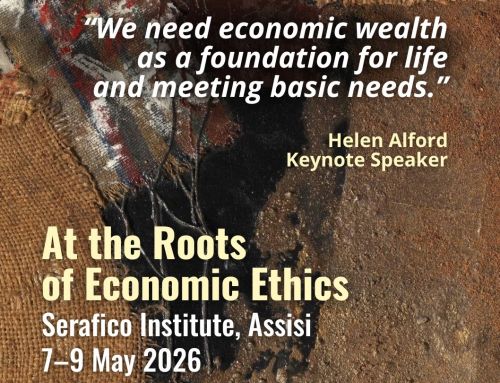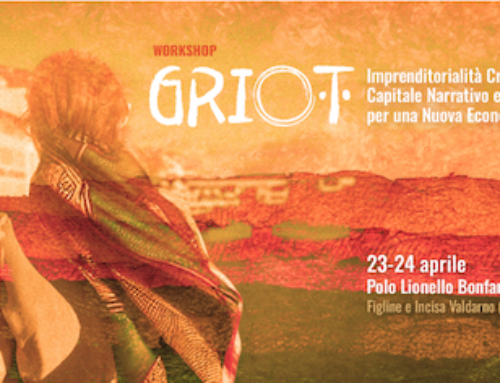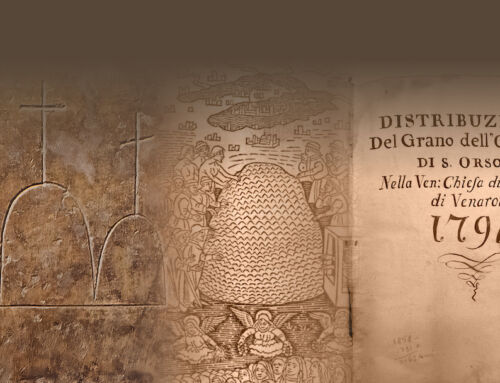The stories we are
Living our stories
Narrative capital is the result of the narrative dimension of human beings: as homo sapiens, we are also homo narrans – men and women able to tell and listen to stories. Starting from the first complex community of humans, we find tales and myths, that were essential for aggregating people together. For humans, facts and figures are not enough: we need words; reality is not enough: we want dreams, and for our daydreaming, we need stories. Narrative capital, then, comprises stories, legends, myths, and traditions passed down over time and discussed across generations. Narrative capital is, therefore, our heritage, a patrimony – a munus / gift from our fathers. And it is an authentic capital because, like all capital, it generates fruits and a future.

Let us think about it… At the root of the strongest and most important moments in our lives we find facts and experiences that have become stories that we have told to our children, and our grandchildren [or that we have heard from our parents or grandparents] and each time we have told them [or listened to them] we have understood them better and changed a little. Even at the beginning of great collective experiences, there are great collective narratives. Communities, organizations, businesses, and (spiritual, cultural, social, and political) movements come into being if the actions and ideas of individuals and groups succeed in becoming stories. Without being able to transform experiences into stories, facts do not become social phenomena, they remain silent facts. Collective events begin as we try to tell about them to someone.
Narrative revolution
There is a link between narrative and spiritual capital. The birth of religions is linked to the development of languages and then, narratives. Spiritual capital includes symbolic, moral, and spiritual dimensions inherited from previous generations. Narrative and spiritual capital are two ancient types of capital that have been – and have to be – always important to face the challenges ad the economic and civil progress, our society’s well-being. They contribute to building a vision of the world that uniquely identifies a person, an organization, a community, or even a country. This social fabric has a significant impact on who we engage with and how we collaborate.
When these capitals are available, people are better equipped to deal with life’s adversities, are more resilient, and can flourish because they can tackle those adversities by relying on the experience of past generations, taking inspiration from their reactions, and ultimately feeling in good company. These capitals, which social scientists have seldomly paid attention to, are depleting fast due to the increased individualism and secularism that our societies face – without being able to generate new ones – with adverse consequences regarding the sustainability of our socioeconomic systems.
In fact, many of the communities, cooperatives, companies, and movements operating today, founded in the 20th century, are now suffering from a famine of narrative capital, from a very serious crisis concerning stories and narratives capable of drawing in, convincing, enchanting as they did in the early days of their founding. Many things have changed in the transition between the 20th and 21st centuries, and among them, are the narrative codes with which to communicate important things, values, and experiences between generations. So the crisis of religions, faiths, as well as the big ideals today is basically a narrative crisis. People, in particular young people, do not understand anymore the great stories: when we try to tell the stories, we end up “speaking words of love in a dead language.” It is not the contents that no longer say anything, it is our ability to tell them that struggles. The future of religions, of spirituality, of ideals, and of ethical and civil virtues depends mainly on a narrative revolution able to rebuild a new spiritual capital.
The Economy of Francesco and the narrative capital
Language is the first signal that tells of the anthropological, and therefore spiritual and ethical crisis that is also crossing the world of economics and business. We know that “the economy has always been bigger than the economy”. And it continues to be so. Behind money, work, consumption, savings, and businesses, there are not only consumer needs and tastes, there are dreams, desires, promises, passions, spirit, and vocation which spring from the life of the economy to indicate something that goes beyond. Because economic life is a universe of words, symbols, signs: a code to decipher the grammar of the soul of individuals and societies.
The world of the economy, of business, of finance, are human places where suffering is strongest for the famine of living and true words on the one hand, and for the great amount of useless chatter, on the other: words, phrases, expressions too poor to express human things that happen, slogans that are the expression of a one-way thought that is contributing to the loss of biodiversity and generativity.
Also in the economy, today, there is a famine of narrative capital. Reviving and reliving the spiritual and ethical narratives in the context of our contemporary times is necessary. Giving a soul to the economy (Pope Francis, 2019) requires a new time/season of authentic spirituality, heir and continuer of the great narratives.
EoF’s ‘mission’ is, among other things, to offer new narrative capitals, in economics, social sciences, theology, faiths … life! And to bring out creativity, courage, capacity of attracting new young talents and ideas.










